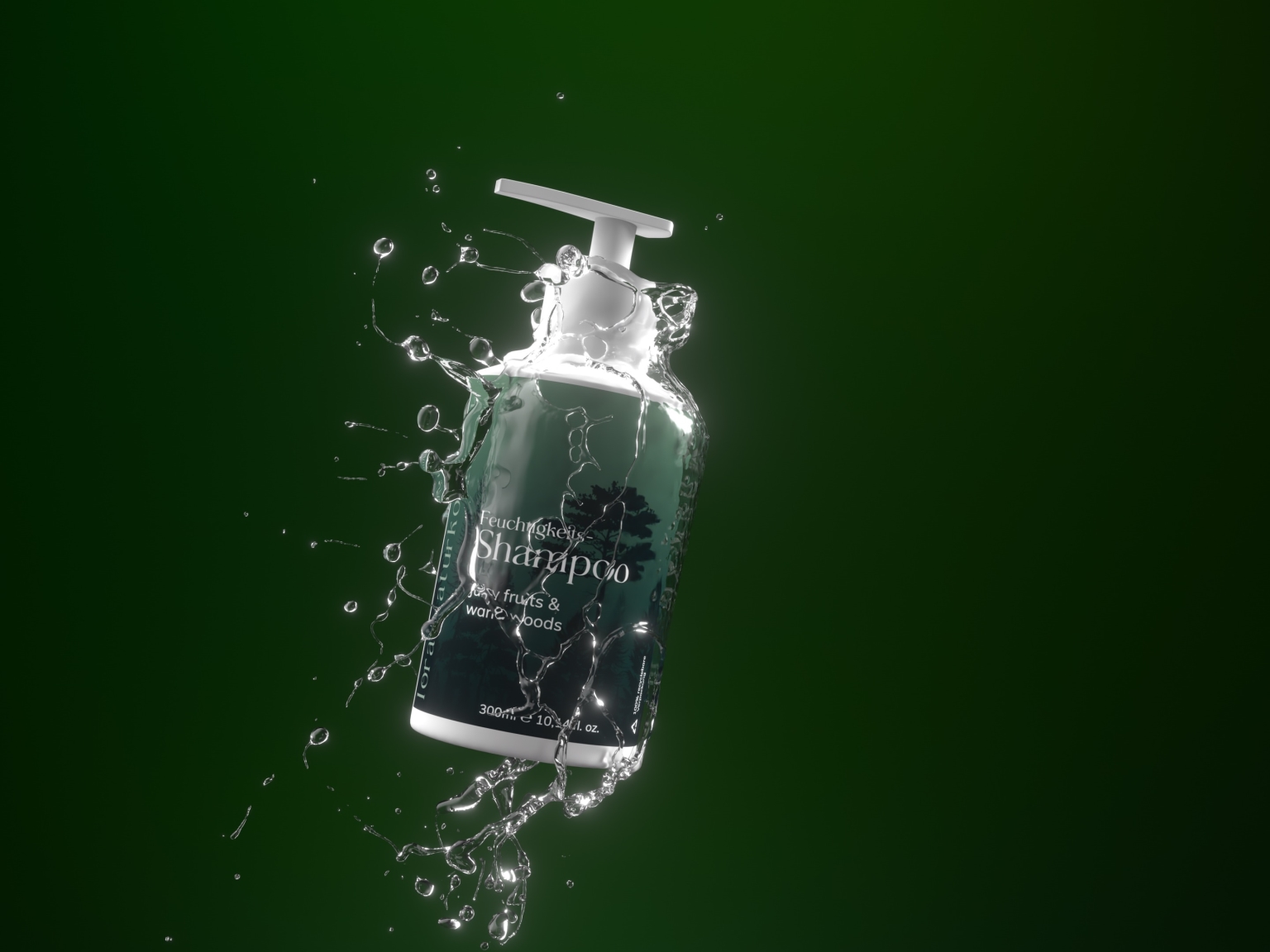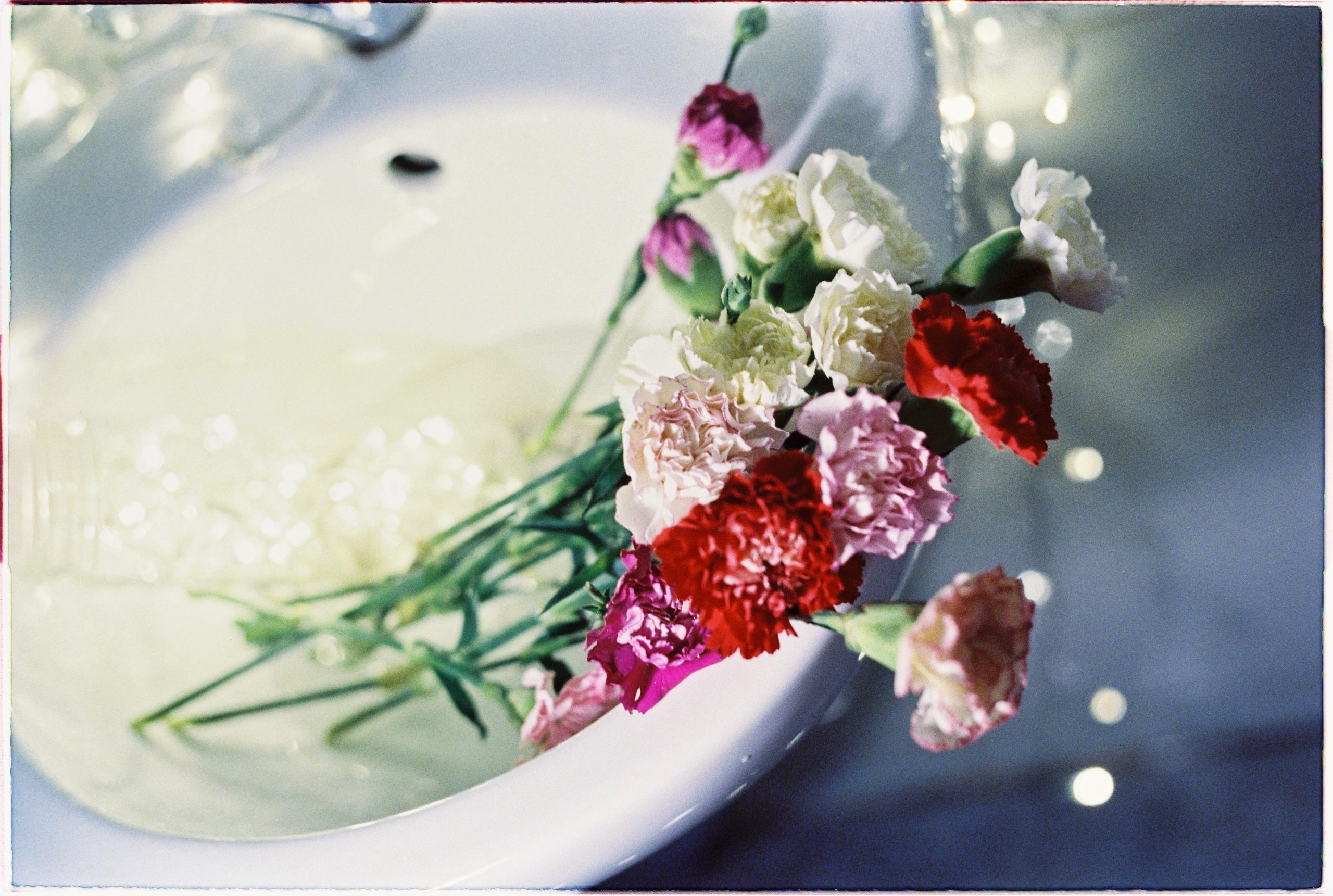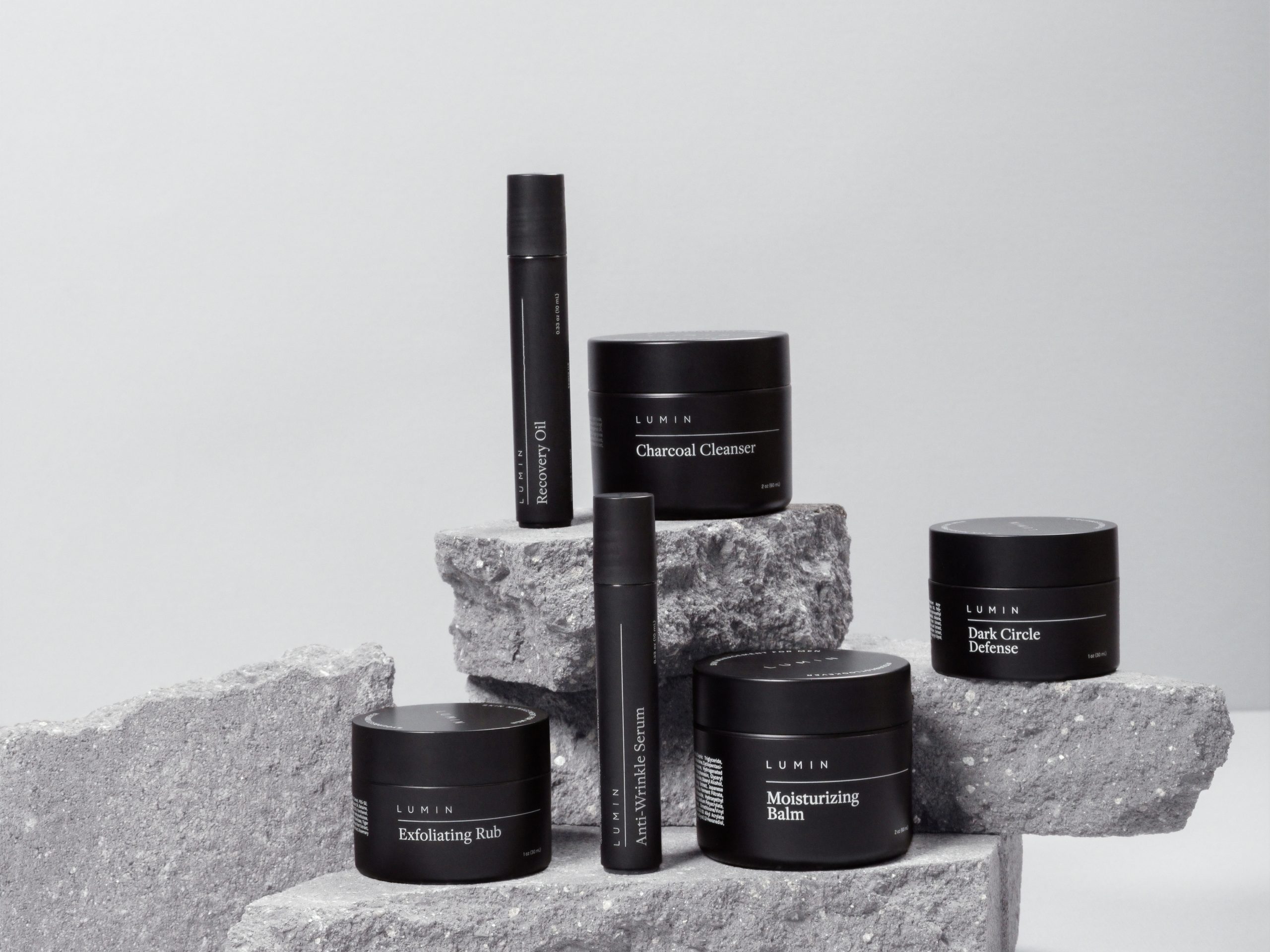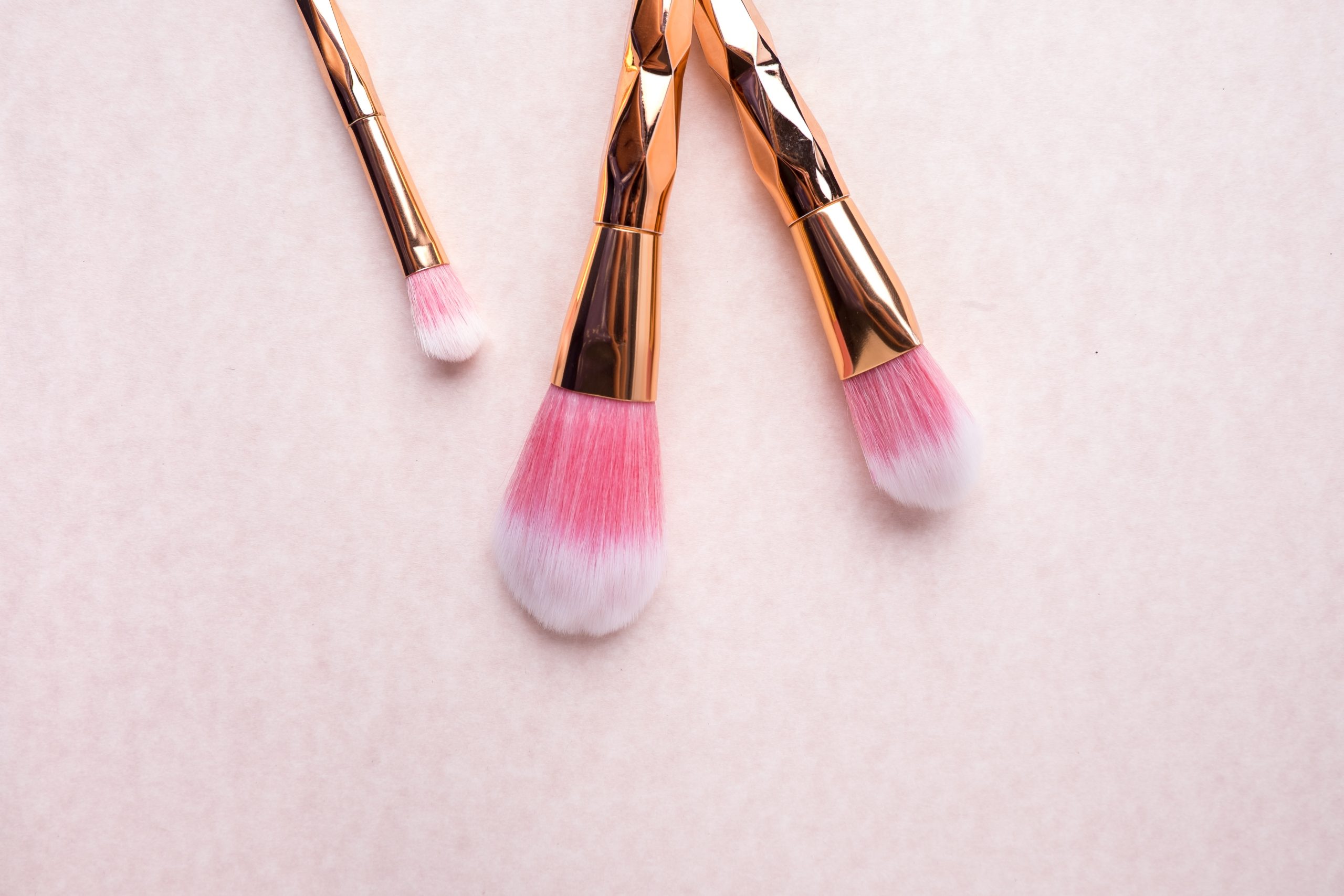Eczema is a uncomfortable and irritating condition. If you suffer from it, you know you will do anything it takes to keep the symptoms at bay. Take heed to the following tips and tricks about dealing with eczema. When your skin is symptom-free, you will be glad you did.
One key factor in controlling eczema is to daily practice good skin care. When washing your skin, it’s best to use a soap substitute or a mild soap. These cleansing agents are less likely to dry out your skin. Immediately after bathing, always apply a good moisturizer. Moisturizers help conserve your skin’s natural moisture.
Some individuals that have a severe case of eczema find relief by taking their baths in water which has a small portion of bleach added to it. This helps because the bleach actually kills bacteria which takes up residence on the skin of those who are plagued with eczema. Of course, don’t take a long bath or use really hot water because both can rob your skin of its natural moisture.
When you have eczema, you should take caution to clean the skin gently. Once you have washed your skin, and it is still moist, apply a good moisturizer to the skin within three minutes to ensure the moisture is sealed into the skin. You may even want to soak in a nice oatmeal bath as well before you moisturize.
Your clothes play a big role in your eczema. However, it’s important for comfort. Wear clothing that is loose fitting and made of breathable fabrics. Steer clear of rough fabric such as wool. Wash everything you buy right away in a mild, natural laundry soap.
If you have allergies, being exposed to what you are allergic to may make your eczema worse. Eczema is not an allergy, but some common allergens that could trigger eczema are dairy products, eggs, wheat and tomatoes. Other things that could make your eczema flare up are pet dander, pollen, dust and mold.
Dress in cotton, or at least wear a cotton blend. This type of fabric usually does not irritate people who have eczema. Avoid things like polyester, which can cause an outbreak. In addition, when you purchase new clothing, make sure you put it in the washing machine prior to wearing it.
The cold weather can damage your skin, particularly the skin on your hands. When you are outside in the winter, make sure you put on a pair of gloves. In particular, either cotton gloves or leather gloves will work the best. Stay away from wool gloves, as they may hurt more than they will help you.
Be careful when you put on sunscreen. You never know what may cause you to have an outbreak of eczema. The higher the SPF, the more likely it is that the sunscreen may cause you to have an issue. Try and find something with an SPF of around 35. That should protect your skin from the sun and keep it in good shape overall.
Those who have eczema should not use a washcloth or body sponge when they are taking a bath or a shower. If you wash your body with such rough-surfaced items, the friction will irritate your skin. Skin irritation can lead to a flare-up of your eczema. To clean your body, simply use your hands to lather up.
Resist the urge to scratch. Scratching will only intensify that itchy feeling. It can also cause harm to your skin, including infection. Find other ways to relieve that itch. Use moisturizers, medications, cold compresses, and long soaks in the tub instead. These methods relieve your itch and make you feel better.
If you have eczema, rubbing your skin with a towel to get it dry may aggravate your eczema and lead to a flare-up. Rubbing produces friction which can irritate sensitive skin areas. It also removes your body’s naturals oils. When drying you body after bathing, use a towel to pat your skin until it’s partially dry. While your skin is still a bit damp, apply a moisturizer to lock in the bath’s moisture.
Keep nails trimmed and clean. You know during the day to avoid scratching your eczema, but you might do it anyway when you sleep. If your nails are long, you can cause damage to your skin. Make sure that you also clean underneath your nails frequently.
Dust can cause issues. Rather than dry dusting, use a damp dust method instead. This will help capture the dust, rather than simply spreading it around the home. Also, because rugs and carpets are a beacon for dust, try not to have them in the house if at all possible.
Use an antibiotic ointment on severely cracked skin. This can prevent infections from forming. It also serves as a moisturizer. Do this sparingly though; prolonged use of antibiotic ointments can render them ineffective. If you do have an infection, you should consult your doctor, who may give you an oral antibiotic.
Should your eczema start to bother you, do not itch, no matter how tempted you are to do so. Scratching not only makes itching worse, but it can actually irritate your skin and even cause infection. Try to find other ways to deal with the itching; apply cold compresses to the affected area or use medications.
As stated above, eczema is a very unpleasant condition that reduces your quality of life. Dealing with itching, burning and blemished skin is no treat. Stay in touch with your dermatologist and follow the tips above to keep your skin happy and healthy. You will not regret making the effort.




